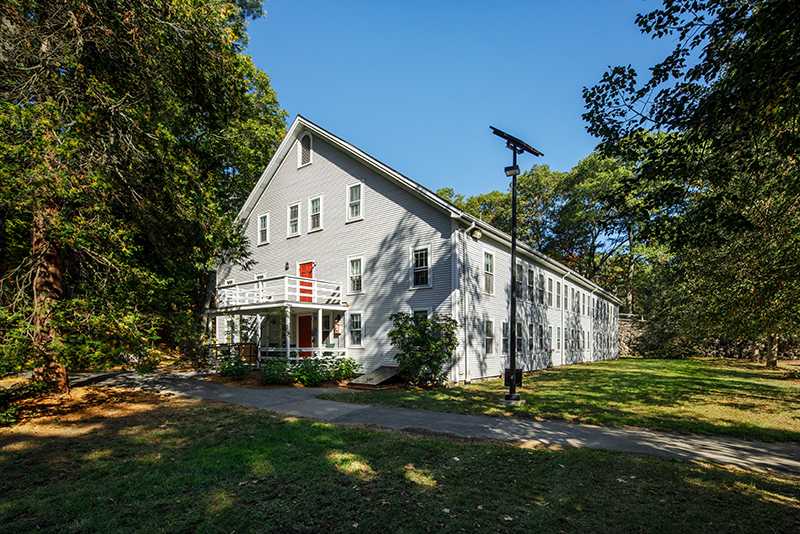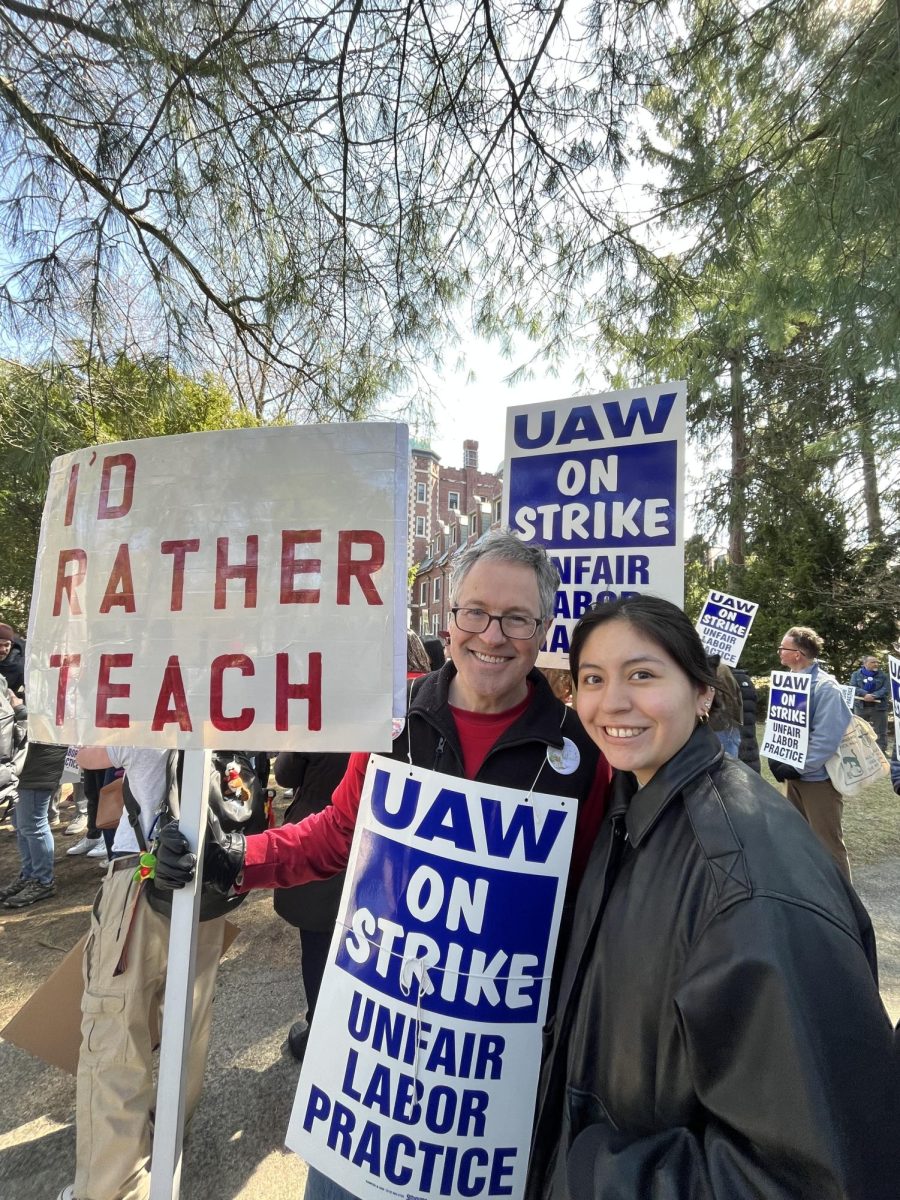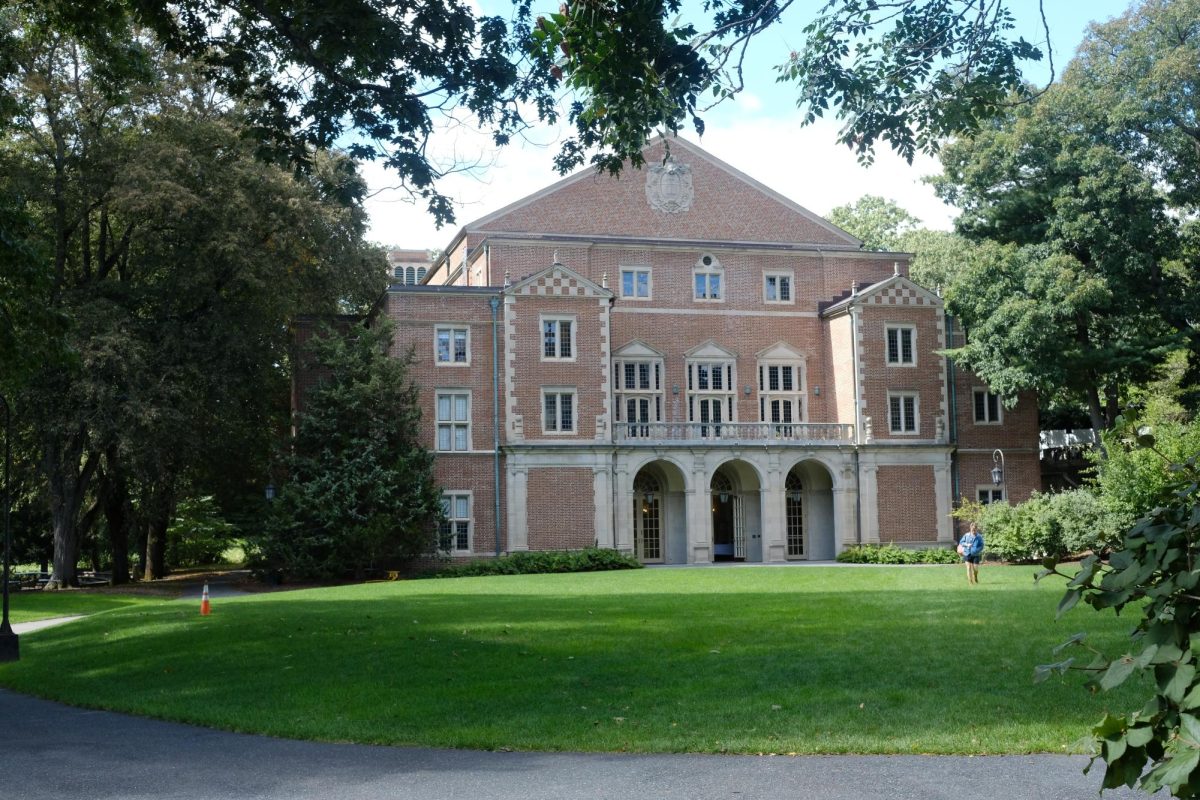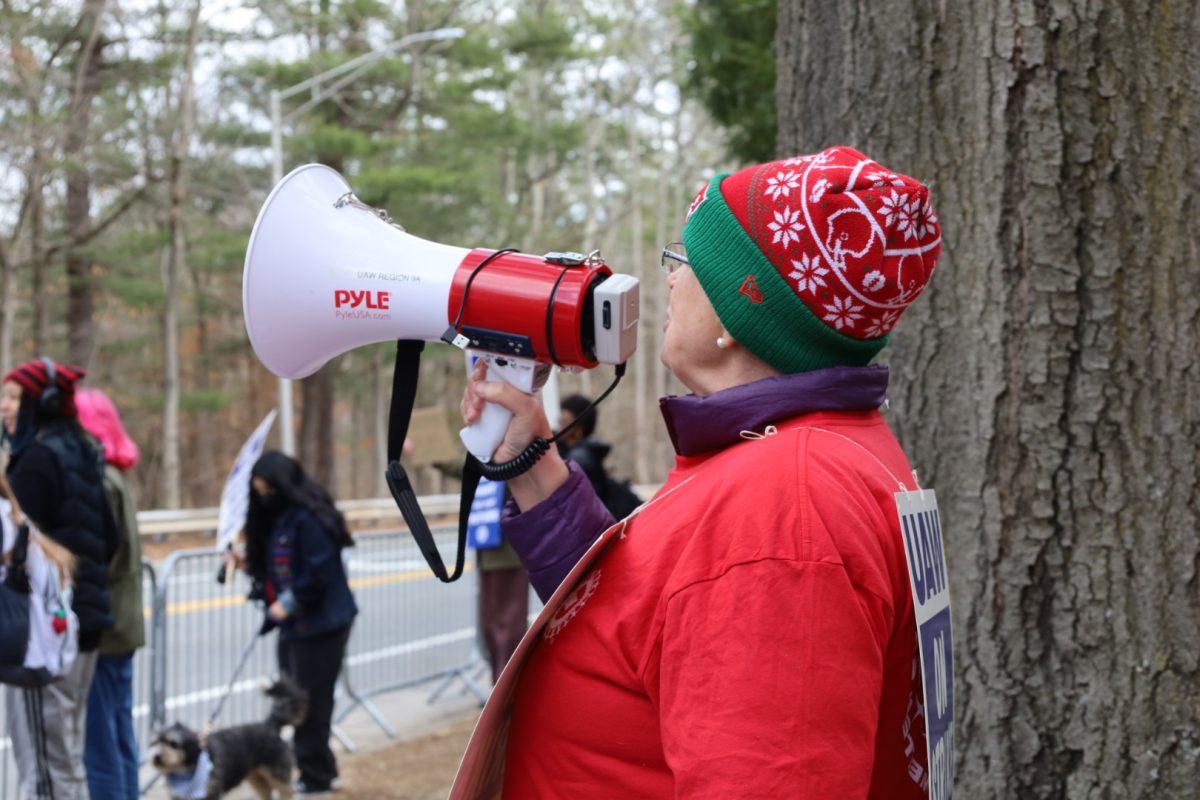Four new cases of COVID-19 have been reported on campus in the past week, unsettling some of the 42 students residing in Munger Hall over winter break. The uptick in cases occurred just as a new, more transmissible variant of the virus began spreading through America, raising concerns about plans to return to campus.
While the Office of Media Relations was unable to provide specifics regarding the cases, they said that at this point no changes are being made to the Spring move-in schedule. The first group of residential, second semester students is slated to arrive on Feb. 3.
According to Wendy*, she and a blockmate both initially tested asymptomatically positive the morning of Jan. 19, but have since developed symptoms, which include low fever and nausea. A third blockmate, who developed a fever and a sore throat on the 18th, was confirmed to be positive on Jan. 20. The students were promptly relocated to Dower Hall for two weeks of isolation the day they received their positive tests, while their other blockmates who had tested negative were quarantined in College Club.
Wendy and her blockmates are bewildered as to how they contracted the virus.
“The most dangerous thing we’ve done [is get takeout], but we didn’t touch the delivery guys or anything, and it’s hard to contract [the virus] from surfaces,” Wendy said, stating that none of her blockmates had travelled off campus for the past two weeks. “I heard that the virus can have [an incubation period of] two weeks, but we all tested negative during that time.”
These students, however, were not the first to become infected on campus during winter break. Another student, who told Wendy that her only known possible vector of transmission was Whole Foods, had tested positive just days prior, marking an end to a two-week absence of new cases after most of the campus returned home for winter break. Additionally, a staff member tested positive the week of Jan. 3.
“[My family] was so anxious [when they heard I got COVID-19],” said Wendy, who is an international student and was unable to return home due to travel restrictions and fear that she would be unable to return for spring semester. “My grandpa scolded my parents for leaving me here.”
As the COVID-19 pandemic continues to rampage worldwide and US death tolls reach 400,000, new cases in the state of Massachusetts have skyrocketed in the winter months. According to Covid Act Now, a nonprofit documenting COVID-19 cases in the United States, Norfolk County has averaged 450 new cases of COVID-19 in the past week, placing it in the critical zone for Daily New Cases per 100,000.
Despite concerns regarding an uptick in cases locally and on campus, a student currently living in winter housing applauded Wellesley’s administration for the work they have done.
“I actually do think admin has been doing a good job [and is] doing their best,” the student, who wished to remain anonymous, told the News. “I’ve thoroughly enjoyed my experience so far.”
The students quarantined in Dower have commended, in particular, Director of Residence Life and Housing Helen Wang.
“There’s no Wifi here and Helen got us all individual hotspots,” Wendy said. “There aren’t microwaves [or humidifiers] here either, but she secured those for us too.”
The College is currently monitoring their condition and, according to the students, has promised to supply medicine for those who have exhibited symptoms. Wendy and her blockmates are also taking Lianhua Qingwen, a traditional Chinese medicine commonly used in China for treating viral influenza.
“[The College] is providing us with stuff we need but sometimes it takes a while for them to get to us. I feel scared and alone because I’m so far away from home — 10,000 miles and 13 hours to be exact — and my situation just seems so unpredictable right now,” one of the students quarantining in Dower said. “I really hope I can get better soon so my friends and family can stop worrying about me.”
[separator type=”thin”]
*Names have been changed to protect student privacy.






